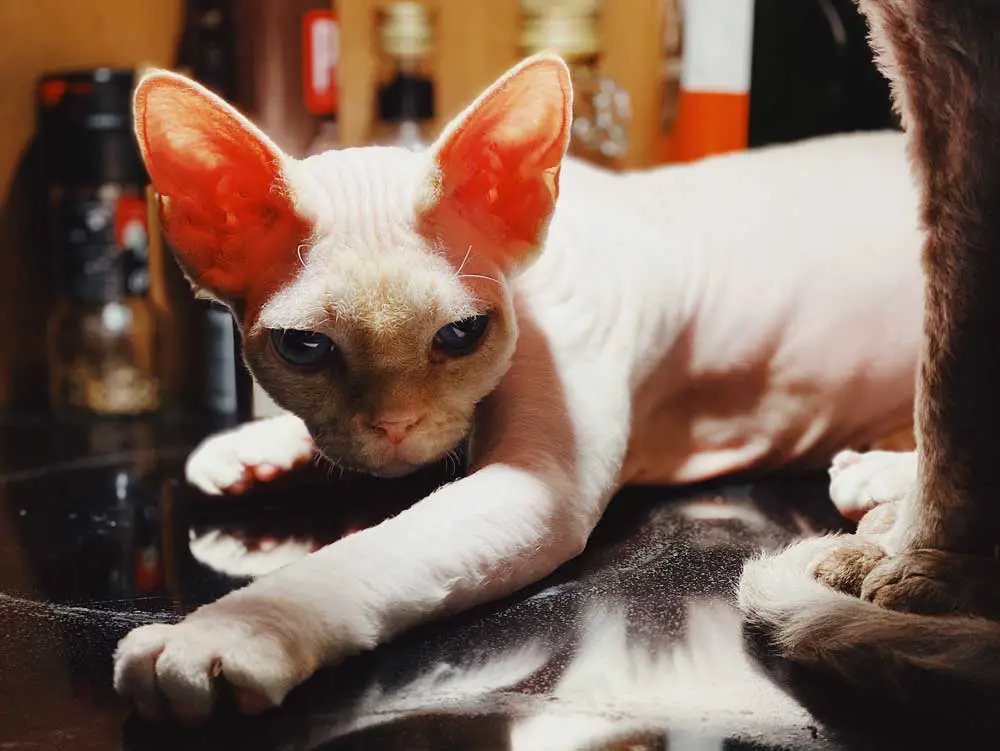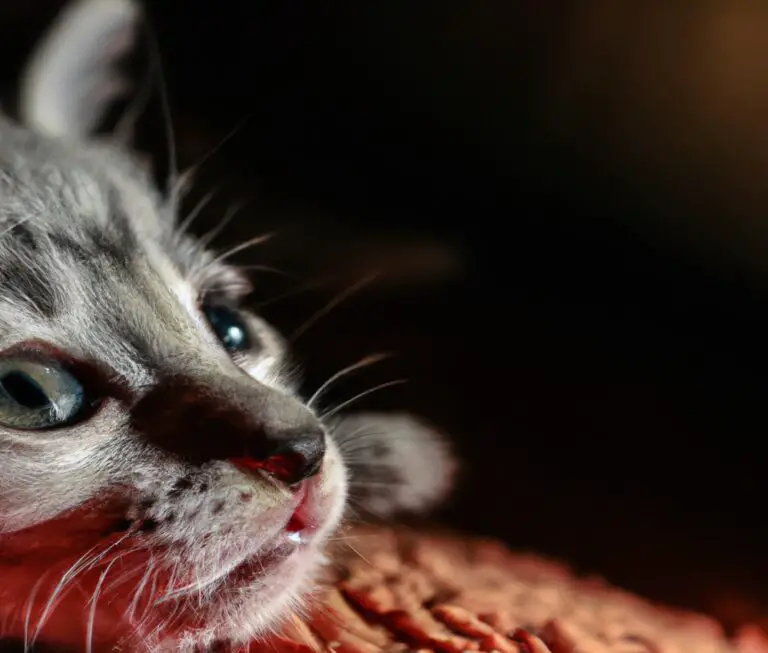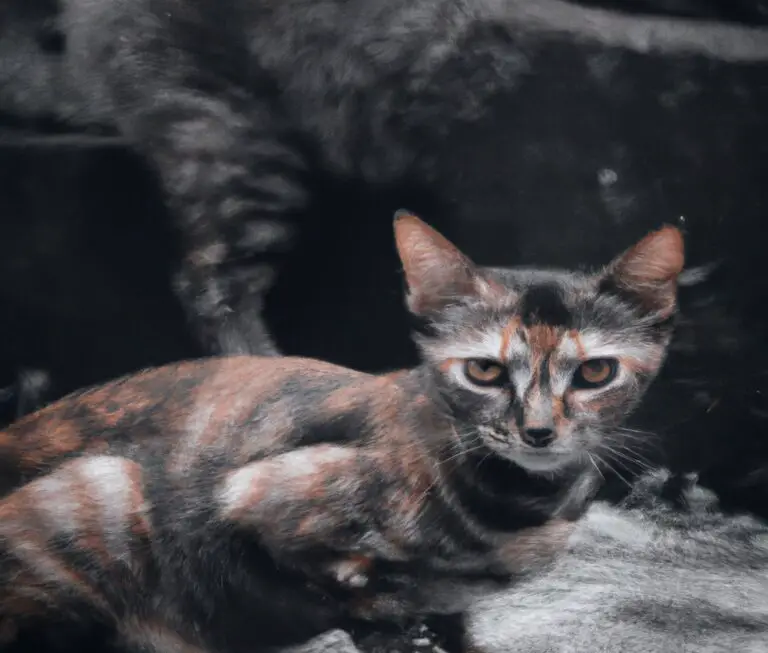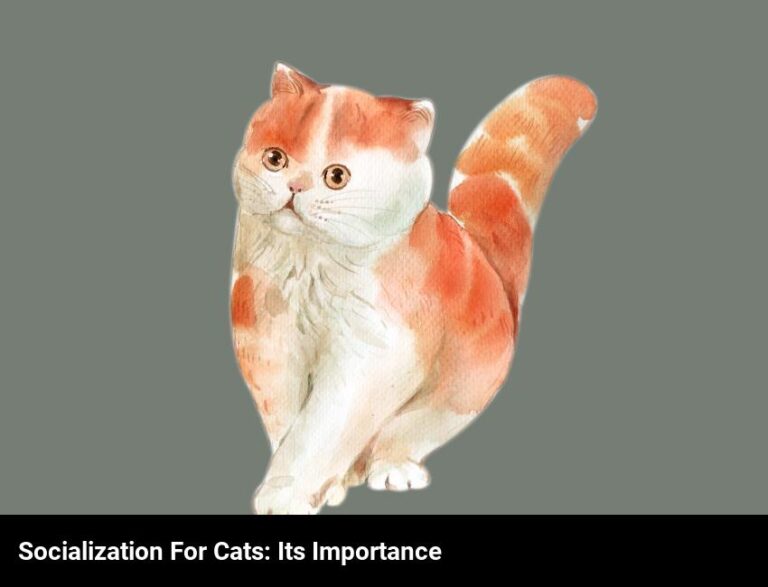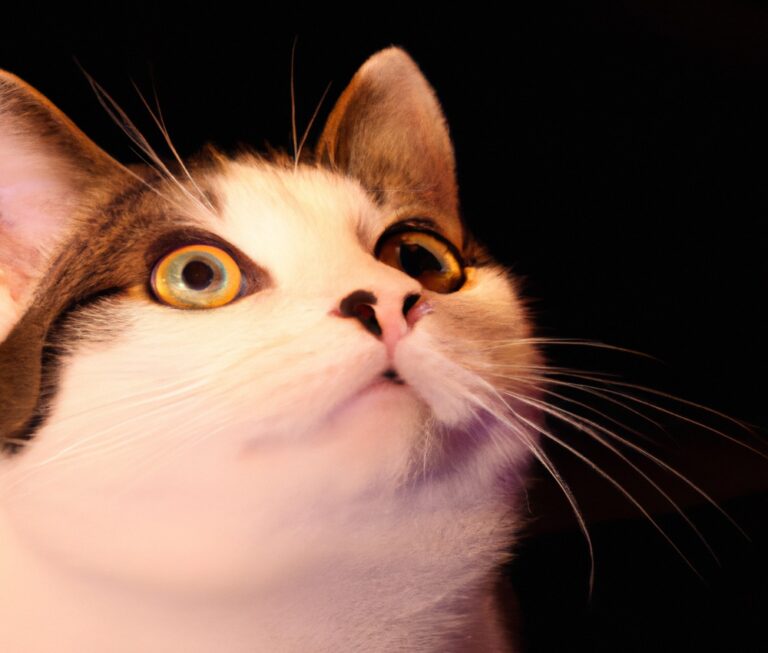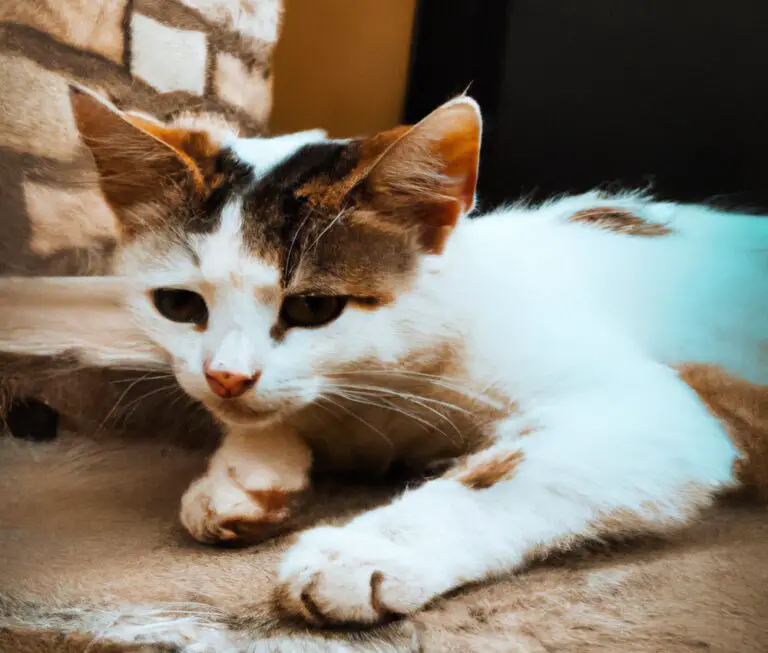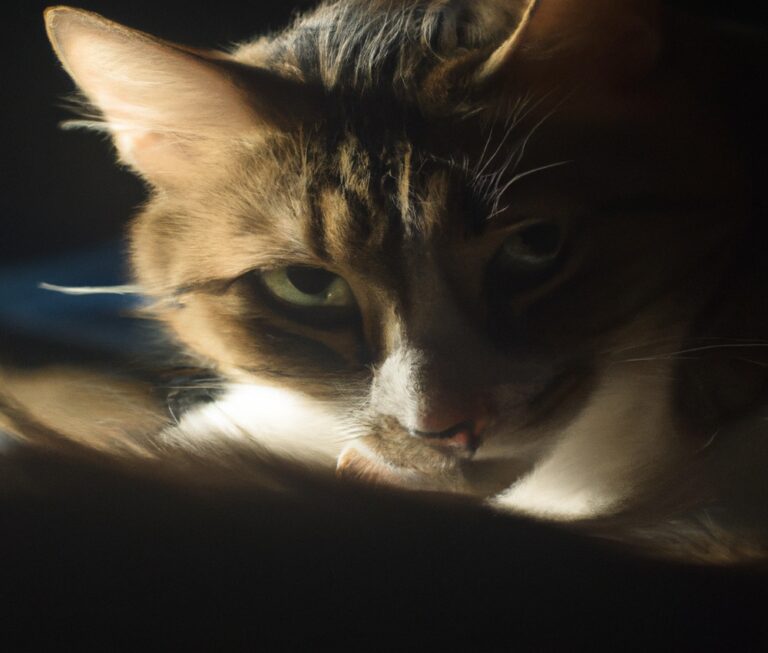Do Devon Rex Cats Shed?
For most cat owners, seeing fur around their house is a normal experience since most cat breeds have a tendency to shed fur. This is an exception for the hairless breeds such as Sphinx, Bambino etc.
Wondering if the Devon Rex Cats form the long list? Well, read on to find out about these cats and their fur history.
Do Devon Rex Cats Shed?
Although these cats have little fur on their coats, they shed fur like other cat breeds. Fur shedding in Devon Rex cats is normal but it has a limit. Excess fur shedding should be a cause of alarm for every pet owner.
Fur Shedding in Devon Rex Cats
Shedding of fur in cats is not something that just happens. Just like most beings have a cycle in their lives, so does cats. Devon Rex cats shed as a part of a process or cycle.
Fur in cats regulate heat in their body, more fur is suitable for heat protection since it traps more heat. During hot seasons, they shed to reduce heat in their body. Less fur slows down the process of heat absorption.
Devon Rex cats also shed dead hair which causes irritation. If you notice excess shedding in your cat, consult a veterinarian. Cats shed a sufficient amount of fur but too much has other reasons to it.
Signs of Excess Shedding in Cats
You can’t really measure how much fur your pet has shed. So, how do you track and notice the excess shedding in your cat? The following are signs of excess shedding;
- Bald spots on your cat. Too much shedding on your cats leaves spots with no fur.
- Thinned coat because a lot of hair has been shed.
- Sores and wounds. Spots with no fur are more exposed and prone to injury
- Vomiting hairballs in your pet is normal but not too much. This is also a sign of excess shedding since the cat is swallowing more hair when grooming.
Causes of Fur Shedding in cats
As seen above, shedding in Devon Rex Cats is a cycle but what stimulates unusual shedding? Stress, medication, infections, sunburns, allergies and poor diet might all lead to shedding in your cat. Consult your veterinarian for a clear diagnosis on your cat.
Diet in Devon Rex Cats
Just like a bad diet causes diseases in humans, poor diet among cats has its effects including excess shedding. Your pet needs a good balanced diet like other animals.
Cats are natural carnivores thus more meat or rather protein should be incorporated into their diet. Apart from this, they need other nutrients in their food which are fats and oils, vitamins, minerals, water and carbohydrates. Always consult your veterinarian for a clear diet with specified amounts.
Some food constituents such as carbohydrate fillers, artificial colors, sweeteners, flavors, meat by-products and chemical preservatives are not recommended for your cat. Feeding the right diet could be an avenue to controlling shedding in your cat.
Allergy in Devon Rex Cats
Allergies in cats are as common as those in humans. Your cat could experience allergies for a number of reasons such as;
- The food it eats, cats don’t always blend with all food types.
- Grooming products .e.g. shampoos, conditioners that you use on it.
- Bites from external parasites such as fleas, lice, mites.
- Environmental pollutants like dust or pollen grains.
You can detect allergy in your cat through the following.
- Sneezing in your cat.
- Coughing and wheezing
- Vomiting
- Bloating
- Skin itchiness. This is denoted by your cat rubbing, scratching its skin or shaking the head.
Stress in Cats
Stress is a health condition that cuts across through humans and animals. It could result to too much shedding in your feline. Your cat might experience stress due to;
- Inadequate resources: If you have too many cats and not feeding enough, your cat gets stressed if it feels a need to compete for supplies like food and water. Competition for resting places can stress them too.
- Noise: Cats love a quiet environment and noises such as loud music, construction noises might stress them.
- Cats are naturally playful and require constant stimulation. Being bored can be a cause of stress.
- Having strangers around them. This could be either new people in the house or other pets.
- Change in routine. Cats follow a specific routine and altering it is a stress causal.
Your cat may show stress signs through; diarrhea, vomiting or over grooming. Moreover, a decreased appetite, clinginess, runny nose and eyes indicate stress too in cats.
Infections in Cats
Cats are susceptible to bacterial infections especially the young ones due to a weak immune system. Infections in these in your pet can be as a result of contaminated food, water or overcrowding especially in rescue areas.
Infection portrays itself in persistent coughs, breathing problems, appetite loss, weight loss, vomiting just to mention but a few.
Sunburns in Cats
Your cat may show sunburns through;
- Itching and scratching the sunburnt skin.
- Skin redness
- Thickening of skin on the burnt skin.
Sunburns can be treated through applying cool compresses, ointment oils like coconut oil or other medications prescribed by the veterinarian.
Ways to Reduce Excessive Shedding
- Bathe your cat at least once a month.
- Groom it by brushing through its fur. This allows the excess fur to fall off before your cat sheds.
- Provide a home for them. Create a special place for them where it can adapt as its own.
- Changing your cat’s diet. Provide them with the right diet and enough clean water for drinking.
Consider cleaning your house regularly during shedding to avoid the excess fur from piling up since it can be allergic.
Conclusion
Shedding in Devon Rex cats is normal, keeping a track of the fur shed is very important for you. This will allow you to detect any health issues in your Devon Rex cat.

